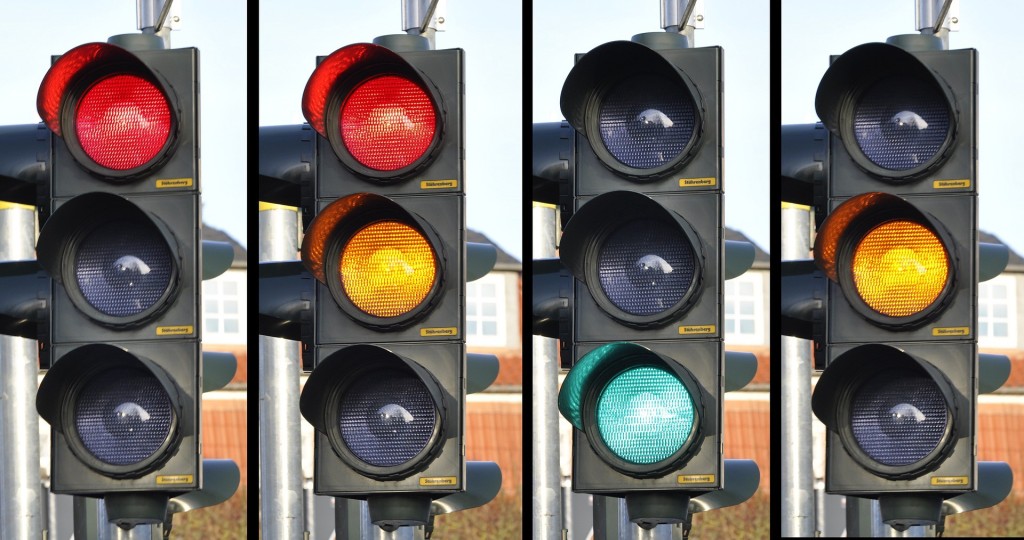On a rainy day in Bombay, I am listening to the sui generis jazz measures of Alfa Mist’s Antiphon. The London-based producer / composer’s EP is a luscious rawness. The album features mellow riffs—bass, trumpet, sax, violins—juxtaposed against conversations between brothers. The music is quite like rain—peculiar, abundant, touching everything it comes in contact with, yet remaining distant from any fervent definition of belonging. It is a thing that holds meaning only in its movement. This is the same, almost hypogeous feeling that took root in my consciousness through most of my reading of Mrinalini Harchandrai’s debut poetry collection A Bombay In My Beat, out from Bombaykayla Books. Irony, thy name is airport cafés—I read the book while at Costa’s in Heathrow; I finessed the review while at Stabucks in Bombay. All the while Antiphon draping over my senses like warm molasses.
English poetry in India can sometimes trap itself in a prusik’s knot, hoping to climb up the publishing scaffolding for more visibility and readership on the world stage. It almost feels alienating to write outside the bindisareemango brand of poetics that isn’t immediately pandering to a calculated forecast of what South Asian Lit ought to be. This is where A Bombay In My Beat eschews stereotypes with a deliciously irreverent approach, one both empathetic and indulgent.
In her introduction, the poet writes: ‘Harmony is like water in the urban churn.’ This fact finds itself amplified both in the spangle and sequence of poems that pay homage to soundtracks that have provided a backdrop to the poet’s emotional landscapes, her relationships, and also her craft. From a little flicker of boss nova to the lilting bounce of bebop, this collection’s thematic persona allows its poems to experiment with their own altered chord-tones in a flurry of word-wings. From “Natural Adaptation”:
Bombay sits outside
the window with peeled eyes
like a cataract,
a milky filtration
of afternoon tea
A rhetorical slogan once proclaimed that Mumbai is a city, but Bombay is an emotion. I personally find these shibboleths all jaw and no tongue—yes, Bombay can be translated beyond its mere tangible abuttals into something that is now a recurrent voltage and yet, I—as a perpetual migrant—also find the exalted sentiment a little ambiguous.
Mrinalini, for her part, has chosen to collect these squirrel cages from the cityscape, fashioning them into an anomalous menagerie. Whether she references ‘metallic horn sections in off-key blades’ or compares the bangarwallah’s voice to ‘grizzled bones,’ this book asks to be read galled, unabashed, and never in a conciliatory plunge.
In “Wordy Naka,” she confronts the cliché of being a bad woman driver in Bombay’s traffic snarl with roguish abandon—
I sent him a hex
eye voodoo
in accents of sinister
As a woman who has driven frequently in the potholed ataxia of peak-time Bombay, the poem is both a tiny war-cry and a proficient revenge. The mood of the book refuses any spurious conformation, instead moving from poem to poem quite like the unexpected gamut of traipsing through this coastal confusion on the sulkiest of Mondays.
Bombay’s traffic is notorious enough to warrant stand-up comedy routines four hours long; to wittily siphon its racket into a prolific range of poems requires a faithful dexterity. Mrinalini’s eye is unmarred in its disclosure of how the incongruous lies sheathed in the obvious—quite like discovering the hidden contents of a vintage jewelbox in the Thief’s Market only to return home and discover your own pocket has been picked somewhere during the transaction.
Lineage, vernacular, Konkan palates and Sindhi jawlines, ‘the precision of coconutiness’—A Bombay In My Beat evokes nostalgia without pandering to pithy bromides. It is a slippery incline when a poet addresses her cultural tokens here; Harchandrai positions culture not as a Meisterstück, but the act of writing with it. Not the common moan of fetishized imagery, but an ecology of recollections. Konkani sentences alternated with English lines don’t seem jarring or aimless, but stand in summon of a foggy outré.
On the surface, it seems a simple declaration when the poet announces: ‘I believe in the yesterday / that came suddenly.’ Measure the crevasse and it is in fact an arroyo. Bombay as a city is the best example of the adage that ‘Time doesn’t exist—clocks do.’ Arrive here at any hour and you are likely to find a nomadic flock of bodies rushing about in unstoppable waves. By the time you recognize the ascent of today, the Here & Now, it has already buried itself into the memory as either seed or carcass.
A Bombay In My Beat pays homage to this very chiaroscuro city—one that thwarts all linear taxonomy. We lag at the doorsteps of babu bureaucracy, gripping our briefcased lists. We drag our desires like the banned old Victorias at town center. We are skittish voyeurs to the city’s shoals rising in their naked hunger. We parade to manufactured music. We watch the Bhelpuriwallah wield a peeling knife like a plectrum flecking aloo and onion. We are sheened between the tooth and the (foldable) tables punctuating the Queen’s Necklace. We are teasing in our gibberish, carefully marketed as refrigerated nariyal-paani at Juhu Beach. This collection frames our constellation of antitheses without forcing itself to debate any map / territory ratios. Quite like a slow Bombay local, it has a destined journey, a practiced starting point it can’t waver from; but it also knows that it is allowed to pause at every stop and explore the length and breadth of each offered curiosity. What exactly is being alive other than walking around with a sense of endless wonder about the most ordinary of experiences.


One response to “Mrinalini Harchandrai’s A Bombay In My Beat”
What a soaring final paragraph. Tks, S.